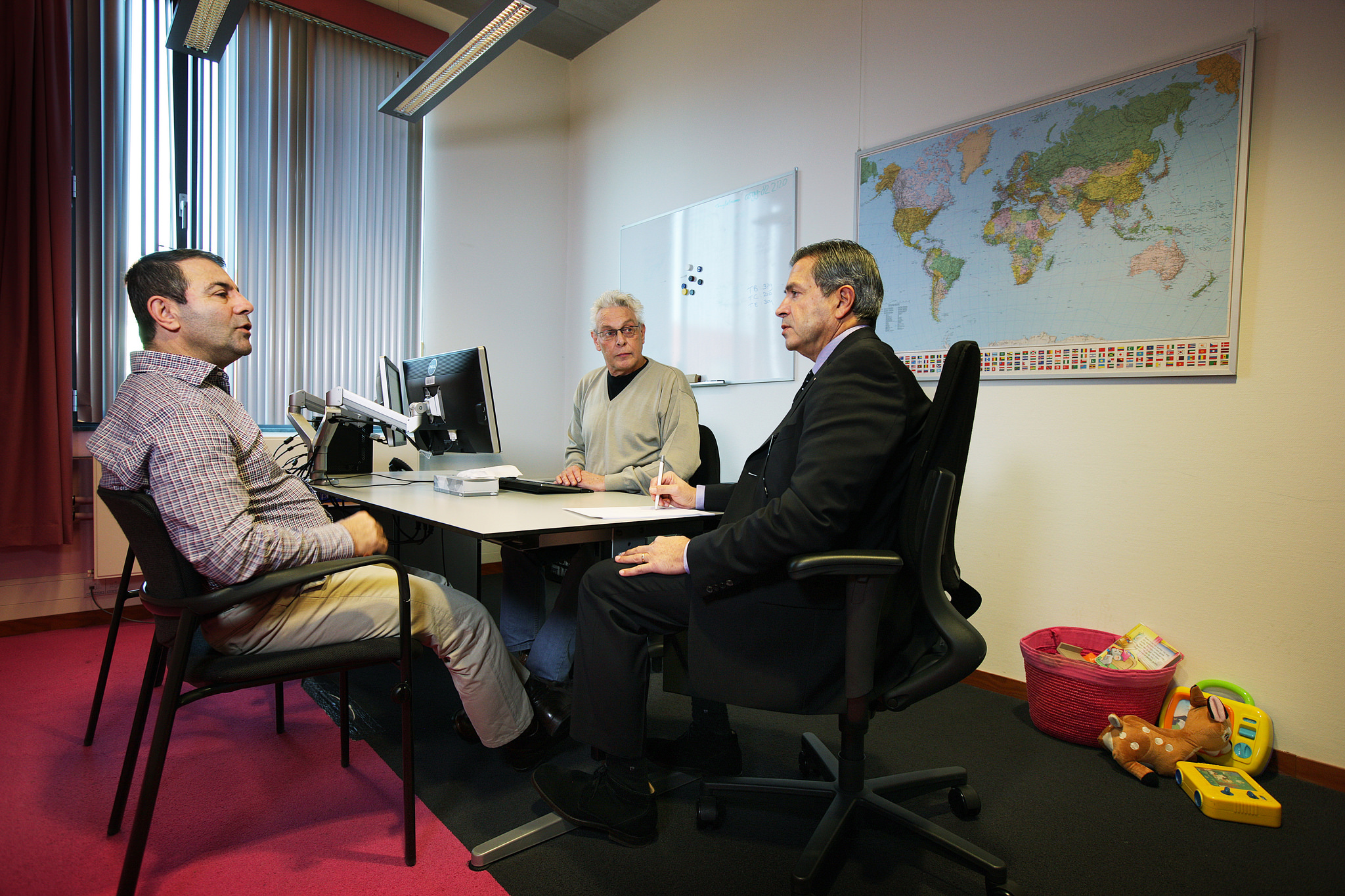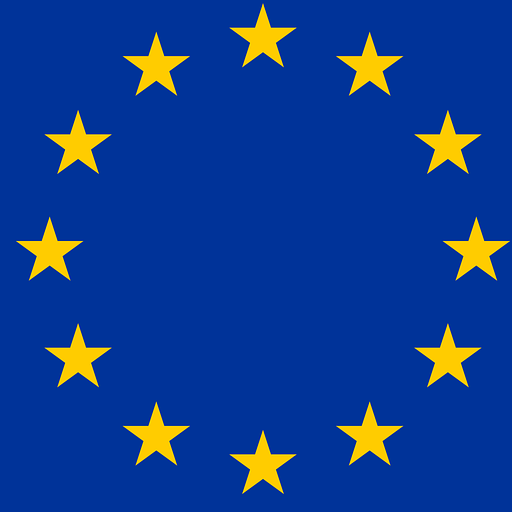Latest blog articles
-
“What kind of skills do we want our graduates to have?” was the main topic of discussion during a recent staff meeting, which got me thinking.
As the faculty of law, perhaps the “right” answer would entail something along the lines of: “Our graduates need to be capable of arguing logically, writing...
-
SMECC stands for School, Minimum standard, Education, Child-friendly policy and care-Continuum. Imagine SMECC as a flat drawing of a house. The regulatory backstop is the minimum standard in family litigation for competent parenthood – far on the horizon, however, a necessary fundament of human...
-
Asylum seekers usually do not cross borders with a bag of documents. They have lost their personal belongings or have been confiscated by smugglers. Oral statements are therefore the only proof of origin. (Dutch only)
-
For those who have already looked into the programme, one first impression is that it is crazy short and jam-packed with contents (1 course per 4 weeks). And in being short, choosing your specialization for the second semester (February - June) means the pressure is on for some to make up their...
-
One difference (depending on the discipline as well) between a Bachelor and Master programme is the workload. Would I say the shift is significant between the Bachelor I have completed and now? Not only might it be too soon to say (I shall follow up with another post at the end of the first semester...
-
Greetings and thanks for stopping by! My name is Shelly and the purpose of this blog is to document my experiences as a Masters student of the European Studies in Society, Sciences, and Technology Study programme (that's a mouthful so let's go with ESST!)
-
While Europe holds its breath and follows the negotiations between Greece and its partners on the financial assistance, another ´piece in the puzzle` of the European attempts to contain the sovereign debt crisis has prominently featured in the press recently. The Court of Justice (CJEU) delivered...
-
The Maastricht Project on European Contract Law shows the importance of innovation in legal education and what students can do when we give them the possibility to take matters into their own hands.






